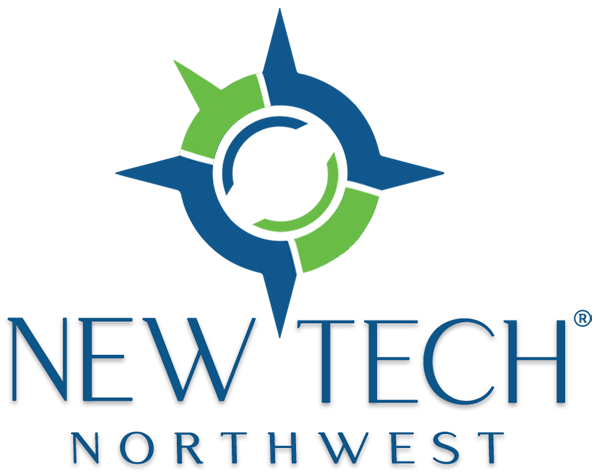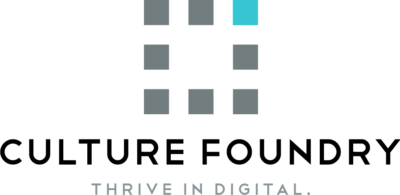 In a mid-February post here, we explored five tips for survival in a job you don’t like. These are unfortunately things that a lot of people have to think about at one point or another, and as we pointed out, one solution can be the pursuit of a day or night hustle. Granted, this can eat up what free time you have, and if it goes poorly it can leave you feeling more overworked. But if a side hustle leads to something — whether that just means reigniting your passion or potentially the development of a whole new career path — it can be worthwhile and then some.
In a mid-February post here, we explored five tips for survival in a job you don’t like. These are unfortunately things that a lot of people have to think about at one point or another, and as we pointed out, one solution can be the pursuit of a day or night hustle. Granted, this can eat up what free time you have, and if it goes poorly it can leave you feeling more overworked. But if a side hustle leads to something — whether that just means reigniting your passion or potentially the development of a whole new career path — it can be worthwhile and then some.
This can certainly be true for those who are proficient in technology. There’s a virtually limitless market for tech skills in the modern world, and working on and perfecting some of them may ultimately land you paid work, either as a freelancer or, potentially, in the form of your own business. If that sounds like something that might interest you, read on for some of the specific tech skills we believe might lead to paid work.
1 – Web Development
The first tech skill that comes to mind as a potential source of income is likely to be web development. Today, it seems as if just about everyone needs or wants a website, whether for personal blogging purposes, the sale of homemade goods, coverage of a particular subject, or even the beginnings of a small business. However, most of those people don’t have much know-how when it comes to the actual design, development, and maintenance of a website — and as much as platforms like Squarespace and Wix have simplified the design process, even these can be difficult to work with for beginners. Thus, if you have legitimate skill and experience in web development, there’s likely to be a significant market for your services: a whole population of people who want their own websites, but don’t know how to build them.
If you don’t have this skill and experience, you should know that it’s actually not too difficult to come by. You can now find basic design and coding courses online, and from there it’s a matter of trial and error to hone your abilities to the point that you’re comfortable selling your ability to design a site.
2 – Circuit Board Design
As we move further into the digital age, there is a lot of interest in the actual construction, maintenance, and even customization of basic electronics. Essentially, people are past being awed by their devices and now, in many cases, want to know how to make them work better, or add new functionality to them. On the most fundamental level, this can mean building or altering circuit boards, which is why skill in this area can be almost surprisingly valuable. Circuit board design isn’t something a whole lot of people just happen to know how to do, but it can be learned more simply than you might guess.
As a starting point, the various circuit board parts available can give you an idea of the different components of a printed circuit board (PCB). These components and their underlying specifications are virtually innumerable, but once you come to understand them, and how they fit into standard layouts and schematics, you’ll have some idea of how actual PCB designs work. From there, you won’t be too far away from being able to set up your own, functioning PCBs. That alone is a marketable skill that can certainly land you work.
3 – Data Analysis
Data analysis is perhaps the least technical concept we’re discussing here, though it may be the most in-demand of the bunch. In order to market yourself as a professional-caliber data analyst, you essentially need three things: mathematical savvy, an understanding of the significance of data, and familiarity with a data processing system (which could be Excel, Google Sheets, or anything similar). To be clear, every data analysis gig is different. But with these core skills, you’ll likely be able to handle most jobs that come your way.
As for where those jobs come from and what they entail specifically, we’ll simply say that all kinds of companies these days are seeking clearer pictures of their own data. As a result, Springboard estimates a six-figure salary for the average data scientist — which is not a guarantee, but which does convey the need for this sort of work. Specific jobs may vary from compiling budgeting and expense data to provide a clearer picture of a company’s finances, to analyzing page views and link effectiveness for marketing purposes. Whatever the case though, you can rest assured there will be some kind of demand for these services as well.











